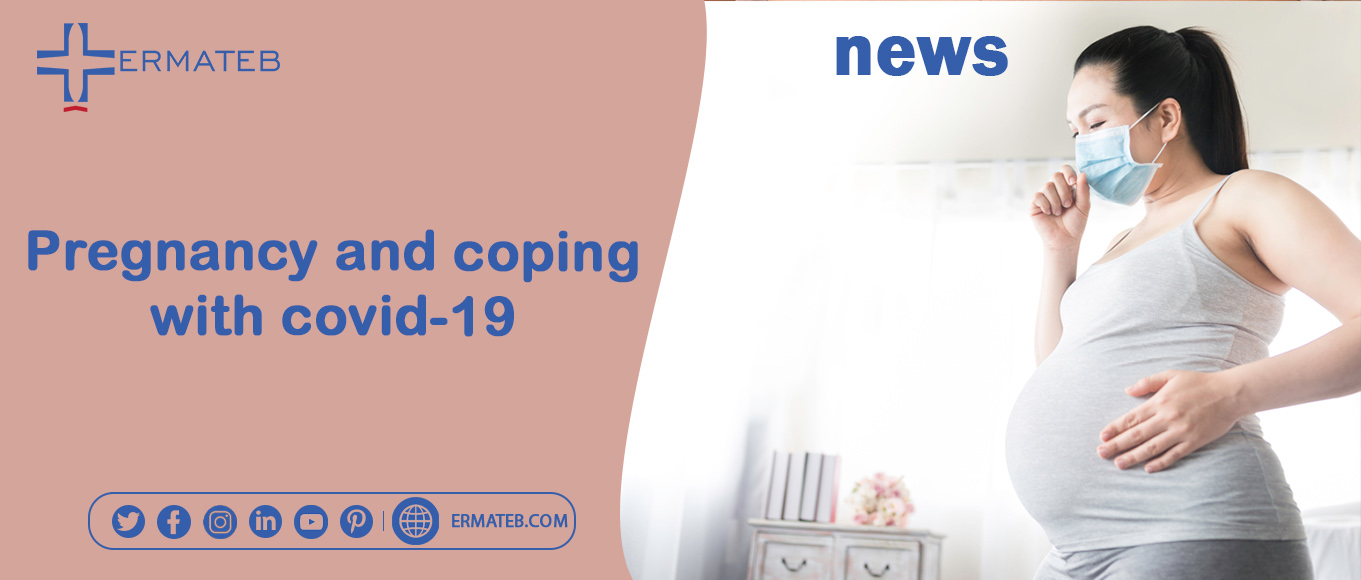
COVID-19 is caused by the severe acute respiratory syndrome coronavirus 2 (SARS-CoV-2), which first emerged in Wuhan, China by the end of 2019. Since then, SARS-CoV-2 has inflamed over 226 million worldwide and caused the deaths of more than 4.6 million people around the world.
Risk factors:
Pregnant are much more likely to get dangerously ill from COVID-19 in comparison to non-pregnant people, which makes up 75% of infections during this time Even amongst people with symptoms, cough and fever had been found in around 40% of cases, with breathing difficulty and myalgia being found in 21% and 19% of pregnant women. Severe COVID-19 normally takes place with infection in the second half of pregnancy, especially towards the end of the second trimester which is the middle part of your pregnancy, from weeks 13 to 26. Those at greatest risk of severe COVID-19 include ladies who have a higher-than-ideal body mass index (BMI), those over the age of 35, and those who have persistent underlying conditions.
Some risk factors can further increase a pregnant woman to get infected with covid-19, Such as:
Black women, particularly, were at five times greater risk of dying during pregnancy in comparison to white women, according to the recent Mothers and Babies: Reducing Risk through Audits and Confidential Enquiries (MBRRACE). Overall, pregnancy should be a time for getting educated about COVID-19 and warning women to be cautious and also avoid a delay in seeking medical care if they experience signs of anything other than a mild disease.
In conclusion, Asymptomatic and moderate COVID-19 requires only home care, after examining the risk for venous thromboembolism; however, isolation should be mandatory. Others must be hospitalized and isolated with multidisciplinary care. Visit with your healthcare provider for all recommended appointments during your pregnancy.

